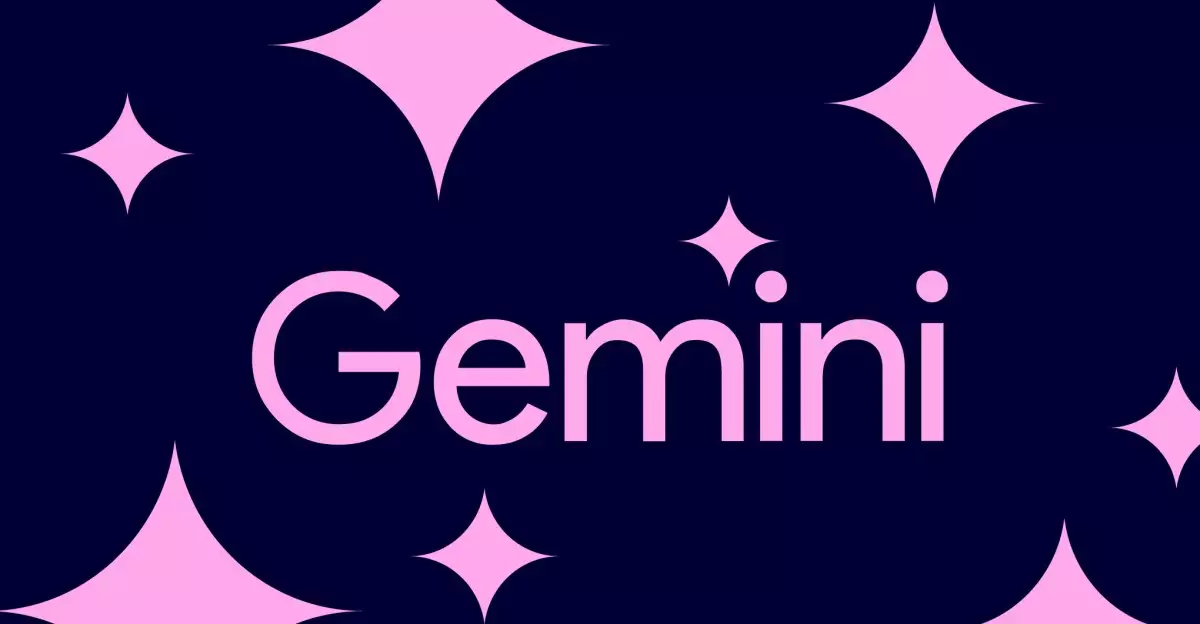In a significant shift towards integrating artificial intelligence into the lives of younger users, Google is gearing up to launch its Gemini AI applications for children under 13, provided they have managed family accounts set up via the Family Link service. This forward-thinking initiative aims to utilize technology to enhance the educational experience of children, allowing them to seek academic assistance and enjoy storytelling features tailored to their developmental needs.
The prospect of enabling children to interact with AI represents both an exciting opportunity and a formidable challenge. Information is power, and when harnessed properly, AI could serve as a crucial tool for children in their formative years—helping them learn, discover, and grow. However, the rollout of such technology comes with a weighty responsibility, not only for parents but also for Google, which must ensure the safety and appropriateness of the content these young users might encounter.
Safety Measures and Parental Guidance
Google’s initiative also places a strong emphasis on parental involvement, advising guardians to maintain an open dialogue with their children. The company recognizes the inherent dangers of exposure to sophisticated AI, warning that children might face inappropriate or unexpected content. Their email communication with parents stresses the importance of explaining to children that Gemini is not a human being, thus helping young users navigate the complexities of human-like interactions in the digital space.
Although Google assures users that children’s data will not be used to bolster AI training—an essential consideration given the sensitive nature of children’s personal information—the potential for errors in AI responses raises concerns. Google’s warnings about the fallibility of Gemini are prudent, particularly as AI tools can sometimes provide misleading or odd advice. Toying with misconception risks imbuing children with a distorted perception of reality, as seen in previous incidents where users failed to discern between digital avatars and actual human interaction.
The Balance Between Innovation and Responsibility
As parents and guardians, the introduction of AI tools like Gemini poses an exciting educational prospect intertwined with the need for vigilant oversight. Education is moving into a new era, and embracing technology can kindle a love for learning while simultaneously preparing children for a tech-savvy future. However, achieving a balance between innovation and responsibility is paramount to ensure that our young learners emerge from these experiences unscathed and informed.
Nonetheless, Google’s endeavor is a gamble that could redefine how children interact with technology. While AI holds promise for providing personalized learning experiences, the company must remain vigilant regarding potential pitfalls. As children gain access to tools that provide them with instant responses, the onus remains on parents to help guide these interactions, enhancing their children’s critical thinking and discernment skills, while mitigating the risks associated with AI engagement.
The launch of Gemini apps could very well determine how effectively children can leverage technology for learning, given its dual role as a facilitator and a potential source of confusion. Where one sees opportunity, another might perceive risk; the challenge now lies in ensuring these digital innovations foster not just learning but also wisdom in a generation naively stepping into the world of artificial intelligence.

